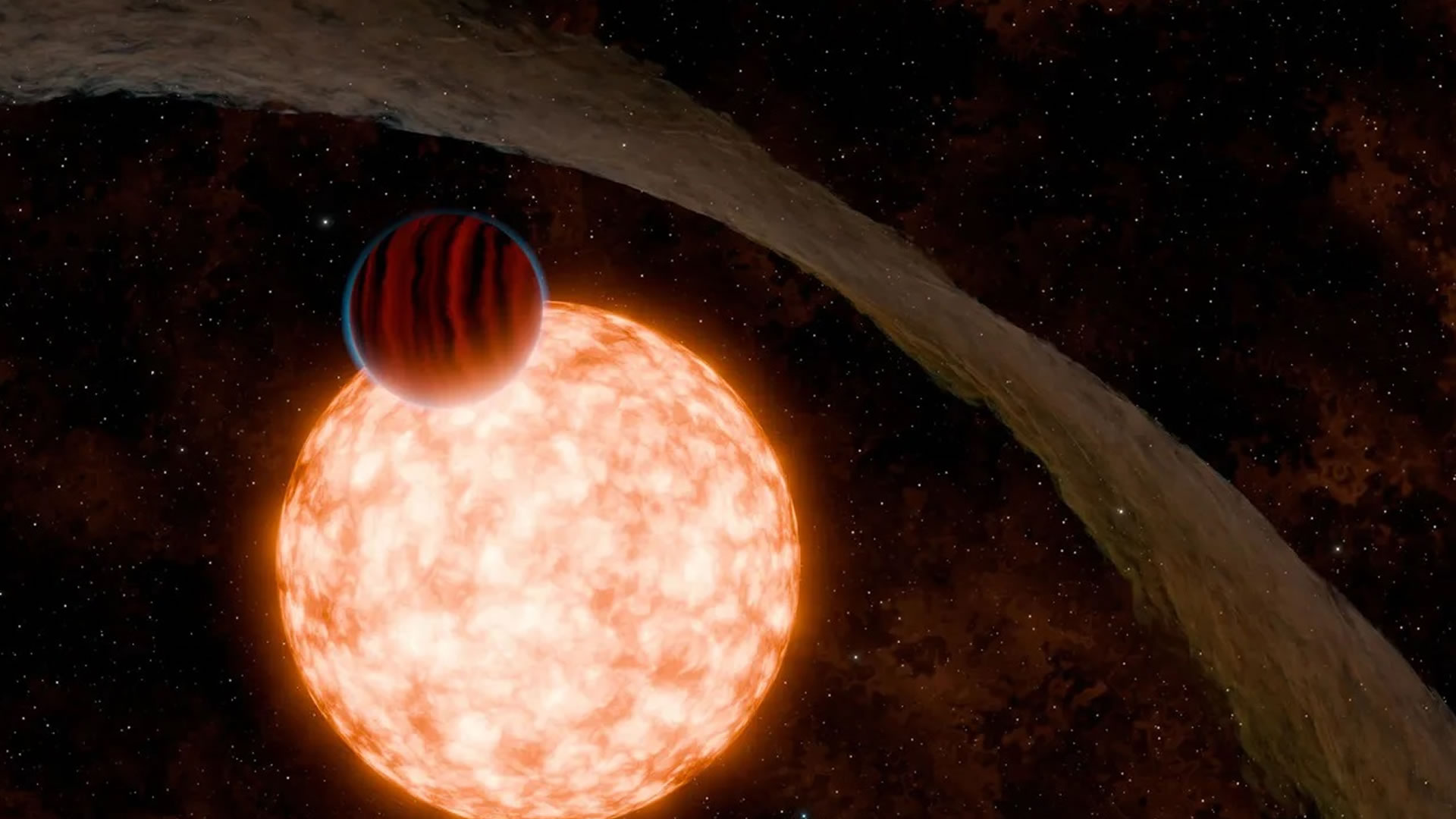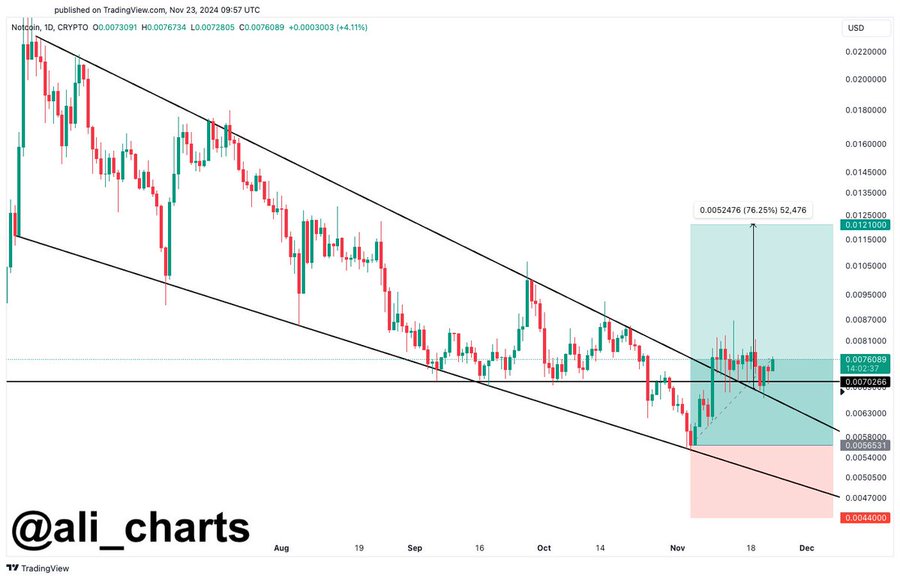The search for life on planets outside of Earth is closely tied to the quest for water in the universe and on other planets. Water, being essential for life as we know it, is a crucial factor in the excitement scientists feel when they detect signs of water vapor on distant exoplanets. One such discovery is the planet GJ 9827d, a small exoplanet that may have a water-rich atmosphere despite its inhospitable conditions. Recently, NASA’s Hubble Space Telescope detected water vapor in the atmosphere of GJ 9827d, marking a significant milestone in exoplanet research. This finding brings us closer to identifying planets with environments similar to Earth and provides insights into the diversity of exoplanetary atmospheres. The discovery of water vapor on GJ 9827d, while not conducive to known life forms, challenges and expands our knowledge of where and how planets with water-rich environments can exist. As we continue exploring distant worlds, each discovery like GJ 9827d brings us closer to answering the age-old question of whether we are alone in the universe and deepens our understanding of the diverse planetary systems in the cosmos.
Why finding water on exoplanets is important
Laura Kreidberg of the Max Planck Institute for Astronomy in Heidelberg, Germany, expressed enthusiasm about the landmark discovery of water on a planet as small as GJ 9827d, stating that it pushes us closer than ever to characterizing truly Earth-like worlds. The Hubble observations, led by Ian Crossfield of Kansas University, focused on not only detecting atmospheric molecules but specifically searching for water vapor. This discovery is significant regardless of whether the detected water vapor is a dominant component or a minor element in a hydrogen-rich atmosphere. Additionally, it provides an important step toward determining the prevalence and diversity of atmospheres on rocky planets. The study of GJ 9827d’s atmosphere has led to the emergence of two main theories, one suggesting it could be a mini-Neptune retaining a hydrogen-rich atmosphere interspersed with water, and the other proposing that it is a larger version of Jupiter’s moon Europa, with vast water reserves beneath its crust.
Debating GJ 9827d’s atmospheric mysteries
Björn Benneke of the Trottier Institute for Research on Exoplanets at Université de Montréal suggested that GJ 9827d might be half water, half rock, with a significant amount of water vapor on top of a smaller rocky body. The planet could have formed farther from its star where ice was abundant before migrating to its current, warmer location, or it may have originated near its hot star with only traces of water in its atmosphere. Future study of these types of planets by the James Webb Space Telescope, following the Hubble discovery, can provide additional insights, including the potential to detect carbon-bearing molecules like carbon monoxide, carbon dioxide, and methane, and thus help understand how planets were formed. While GJ 9827d is not a candidate for known life forms, it provides invaluable insights into the diversity and nature of exoplanetary atmospheres, contributing to our understanding of the complexities of the universe.
Impact on our understanding of the cosmos
The discovery of water on exoplanets challenges the idea of Earth’s uniqueness and propels the question of extraterrestrial life from the realm of science fiction to a tangible scientific inquiry. Each finding adds a piece to the puzzle of the cosmos, bringing us closer to answering one of humanity’s oldest questions: Are we alone in the universe? These explorations and discoveries exemplify the human spirit’s insatiable curiosity and our relentless pursuit of knowledge. As technology advances, so too will our ability to probe deeper into the cosmos, unveiling new worlds and, perhaps one day, evidence of life beyond our own planet.














